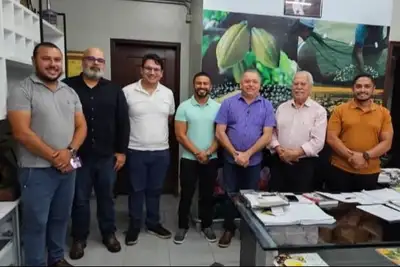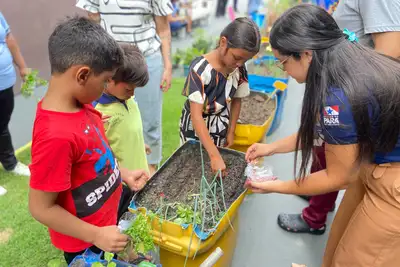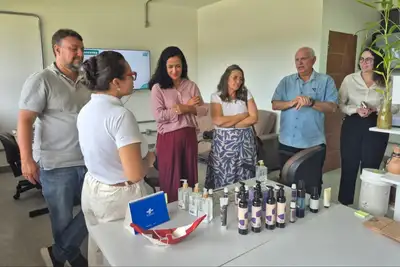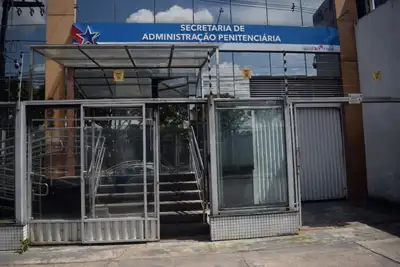Adepará collects clandestine fruit pulps in supermarkets of Tomé Açu
Action involved the Public Ministry of Pará and the Municipal Health Surveillance
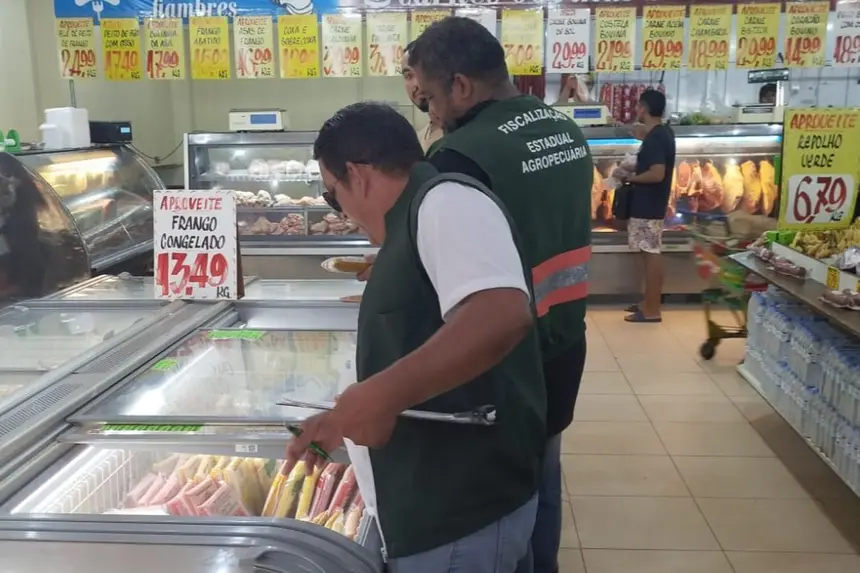
A joint inspection action involving inspectors from the Agricultural Defense Agency of the State of Pará (Adepará), agents from the Public Ministry of Pará (MPPA), and teams from the Municipal Health Surveillance of Tomé Açu removed from circulation clandestine fruit pulps that were being sold in supermarkets in the municipality and the district of Quatro Bocas.
The operation took place on Tuesday, the 3rd, and collected approximately 540 kilograms of fruit pulps without a trace of origin, which poses a risk to consumer health.
According to agricultural inspector Nelson Leite, agronomist responsible for the Management of Artisanal Vegetable Origin Products (GPAOV), the purpose of this type of inspection is to ensure food safety, considering that the inspection registration indicates that the product complies with hygiene sanitary standards and good manufacturing practices.
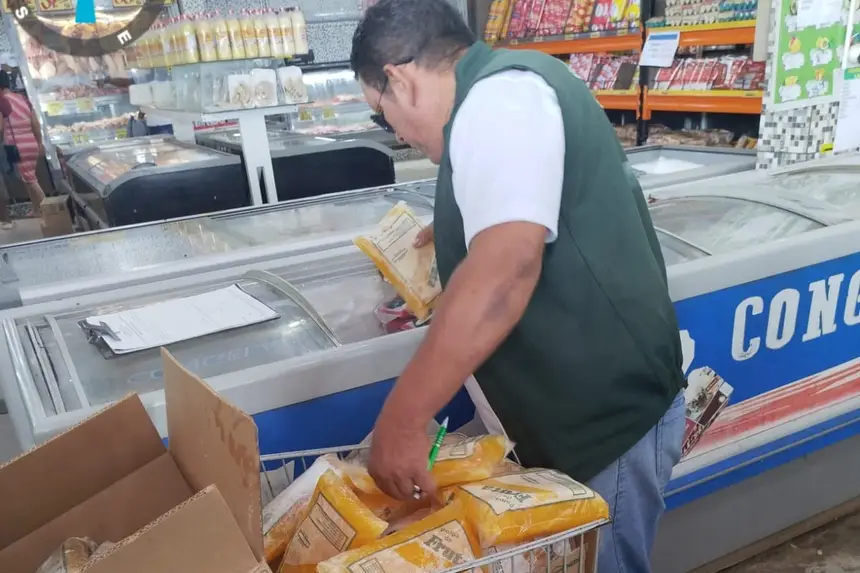
“The products that were collected by the municipal surveillance are made clandestinely, without indicating the origin. The inspection aims to remove these clandestine products from the market, which unfairly compete with products from regulated agro-industries that comply with all legal requirements and are regularly inspected,” explained the manager.
Certification of agro-industries - There are currently 242 establishments authorized to process fruit pulps registered with the State Plant Inspection Service, which undergo regular inspection by Adepará. The main benefit of the artisanal product seal granted to entrepreneurs by Adepará is the qualification of establishments that process fruit pulps to market their products throughout the Pará territory, in addition to enabling them to supply food for school meals through partnerships with local municipalities.
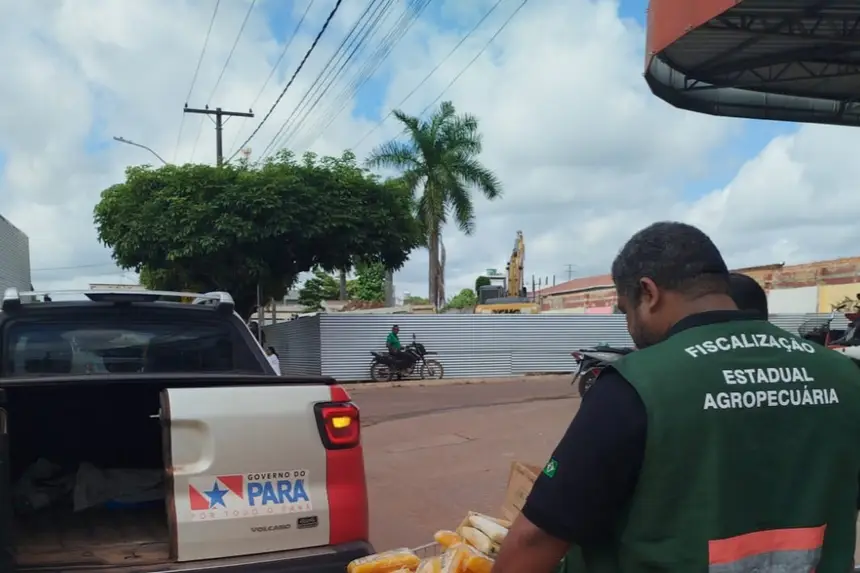
The production of fruit pulps in Pará is approximately 3,500 tons per year. The activity is developed in 82 municipalities in Pará and contributes to boosting the economy in various regions of the State, strengthening regional development and generating jobs and income for the population of the municipalities where they are installed.
In May, Adepará delivered registration certificates for the operation of new fruit pulp agro-industries in the municipalities of Primavera, Cametá, Igarapé Miri, and Bragança.
Establishments interested in regularizing their situation with Adepará should seek a defense agency unit that is present in all 144 municipalities of the State.
“We are ready to assist those who want to regularize. The Defense Agency offers guidance and support throughout the process, which includes everything from presenting personal documents, application for company registration, inspection visit, and adjustment of infrastructure, if necessary. Sometimes, the person already has a space and just needs to comply with the regulations,” advises Nelson Leite.


